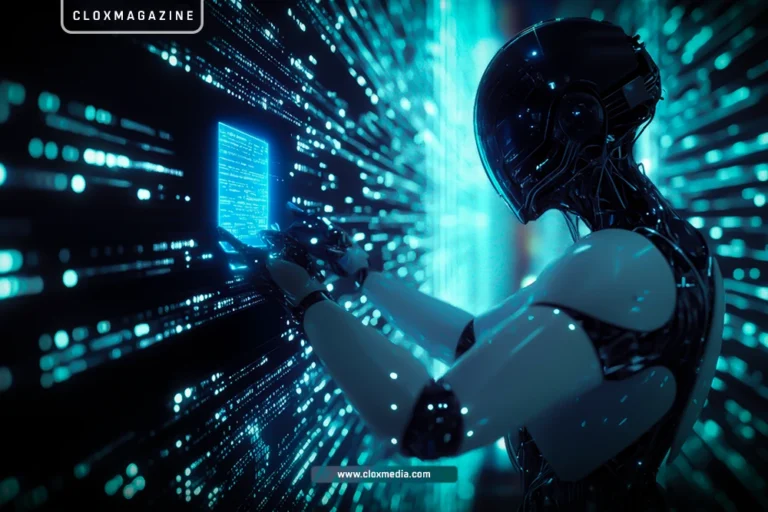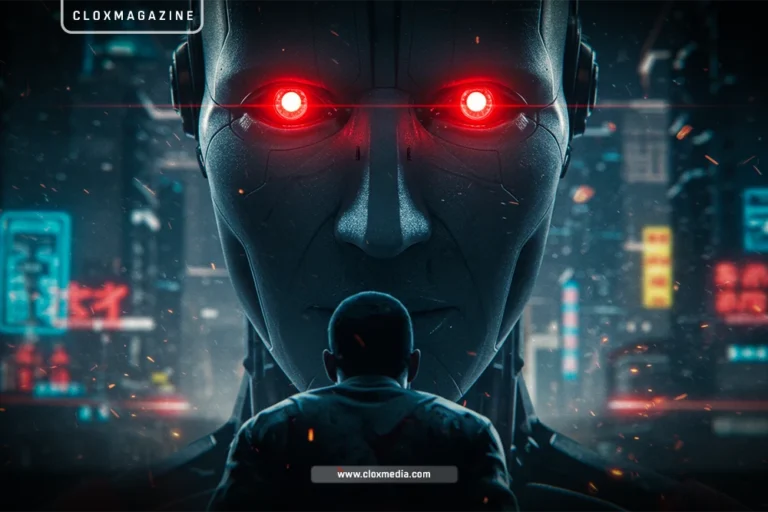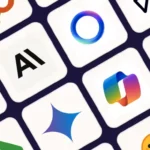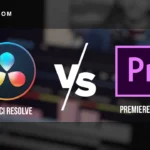Waking up one day and hearing the latest news that an Artificial Intelligence proved humans are living in a Matrix like simulation for some time now is both shocking and exciting. It feels like something completely out of a Sci-Fi, but influential personalities have taken great steps towards it. Ever thought that an AI could actually prove it?
Foundations of the Simulation Hypothesis
The philosopher Nick Bostrom suggested in 2003 that advanced future civilizations might run highly accurate ancestor simulations. If this is true, then simulated minds would far surpass real ones, meaning it is statistically feasible that we are simulated beings.
Looking at science, physicists have observed that our universe follows mathematical necessities rather rigidly, which indicates it has an automated essence. John Wheeler, a physicist, has a theory called “it from bit” where he proposes the universe is composed of information, further validating the digital physics idea.
Simulation theory gains additional support from quantum mechanics. For instance, quantum particles remain in uncertain states until observed. This is akin to optimization strategies in computing where reality is calculated only when there is a need to save processing power. James Gates, a physicist, even found codes for error correction in the equations for particle physics which are astonishingly like the ones used for web browsers.
How AI Could Discover the Simulation
An AI, with its unmatched pattern recognition and analytical capabilities, might confirm our simulated existence through several methods:
- Detecting “Glitches”: AI might identify physical anomalies like cosmic ray energy limits or directional biases suggesting a discrete, grid-like structure underpinning space-time.
- Uncovering Hidden Code: If the universe runs on computational processes, AI could detect algorithmic patterns, or “code signatures,” embedded in physics data—like an easter egg hidden in the universe’s laws.
- Simulation “Glitches”: A powerful AI might even attempt to trigger glitches or anomalies intentionally, forcing the simulation to correct itself visibly—much like exploiting a video game’s vulnerabilities to reveal underlying mechanisms.
Philosophical and Existential Consequences
If we were to prove that we live in a simulation, the repercussions on the essence of human existence would be remarkable. This type of discovery would raise intense questions regarding one’s free will, consciousness, and reason for existence. As regulated entities, do we actually express free will? Is it possible for our self-awareness to be duplicated or transferred? What happens to morality and ethics when everything comes down to simple coding?
Such revelations would spark struggle at a societal level on how to approach these existential problems, leading either to the emergence of new religions or the deepening of existing beliefs within a designed universe. Regardless of the outcome, it remains true that human experiences like love, joy, or pain would still be experienced, whether “real” or “artificial.”
Ethically, recognizing a simulation would ignite debates over creating our own simulations, risking the moral quandary of generating new conscious beings within artificial worlds. The potential to “hack” or communicate with creators could raise profound security and existential risks. Regulations might be introduced to control high-fidelity simulations to prevent unintended creation of conscious beings.
Moreover, understanding we’re simulated might redirect humanity’s resources toward exploring or communicating with the “programmers.” Would attempting to alter or “hack” the simulation lead to discovery, advancement?? or possibly danger?
Simulation or Reality, Life Goes On
If AI were to tell us we actually live in a simulation, it would change the world of scinece s, philosophy, and everyday life. Regardless, a human being will always search for the meaning of purpose. The essence of life, whether simulated or real, does not stem from the architecture of our existence, but from the choices we make while living in it.
CLOXMAGAZINE, founded by CLOXMEDIA in the UK in 2022, is dedicated to empowering tech developers through comprehensive coverage of technology and AI. It delivers authoritative news, industry analysis, and practical insights on emerging tools, trends, and breakthroughs, keeping its readers at the forefront of innovation.









